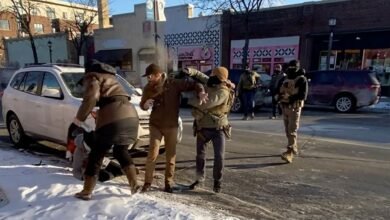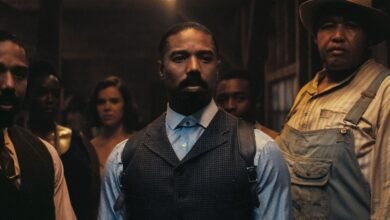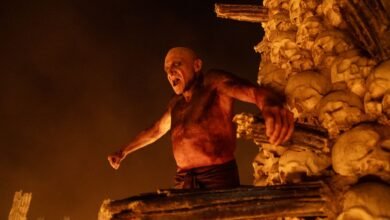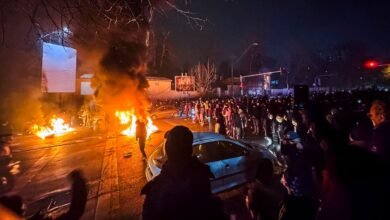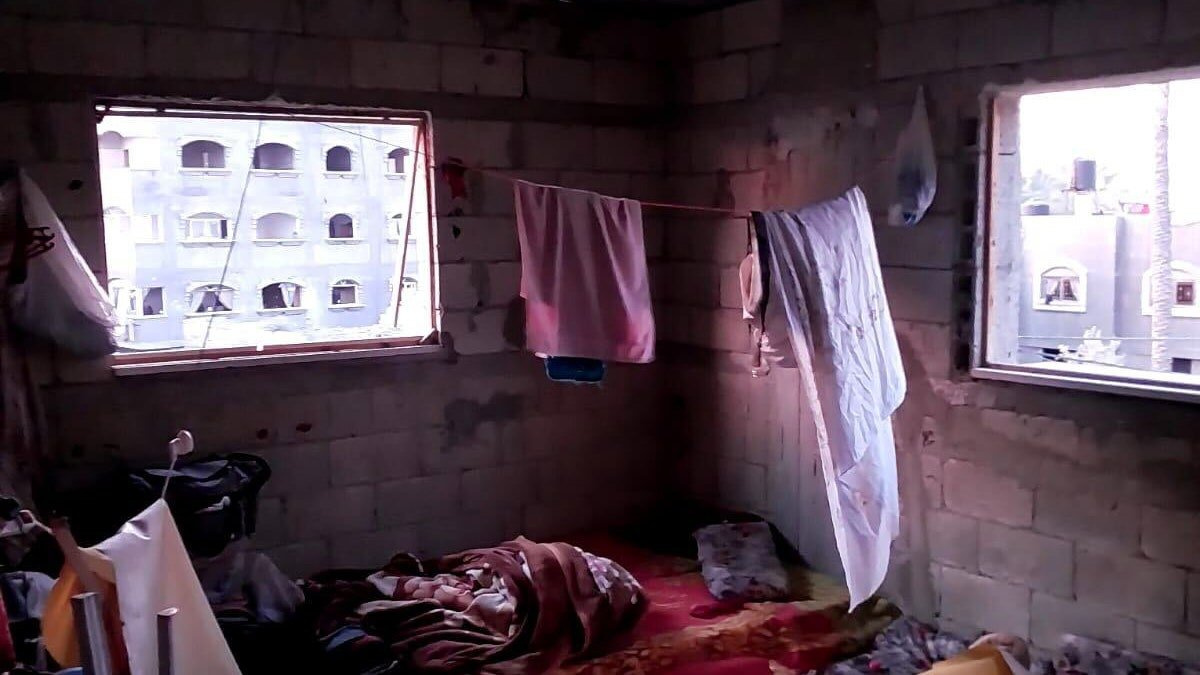
Ruba, who is thirty-three, is a close friend of mine. We met in 2022, while I was a communications manager for Doctors Without Borders in Gaza. She worked out of an M.S.F. clinic for burn patients, most of whom were children. I needed a doctor to give me an injection, and she, in her powder-pink scrubs, was between patients.
We formed an emotional bond quickly, and I’d duck into Ruba’s clinic during her breaks to share a Turkish coffee, or meet her on weekends to window-shop Gaza City’s main streets, Reem toddling ahead of us. We’d complain and laugh about our micromanaging boss, or the know-it-all male physicians who tried to direct the clinic’s activities. She told me that she had fallen in love with Mohamed in 2013, when she was in medical school and he was a resident, in part because, despite his giftedness at surgery, he lacked the machismo she had seen in some of her classmates. She loved his gentle personality, and would often show me photos of him sitting on the ground, having his hair styled with headbands and accessories by Jannah and Reem.
At the end of my contract in Gaza, in December, 2022, I told Ruba that I was looking for work in other conflict zones. I would go home to Canada only briefly, between assignments. Her demeanor changed, and for the first time in our friendship I felt that she was angry at me. She told me that she would give her life for her kids to grow up in a peaceful environment like Canada, reminding me how, when she was about to deliver Reem, she’d feared that the hospital she was in would be bombed. She was tired of the bravado she correctly sensed in expat humanitarian workers, who chased conflict zones for bragging rights. Why would I choose danger when my family was waiting for me to return safely home? I knew that she was right. I went back to Canada, and travelled to the West Bank to report, though I was never able to enter Gaza again.
We texted each other during the August, 2022, and May, 2023, conflicts, but we both knew that after October 7th things would be different. Mohamed said that he and Ruba had heard about the attacks while they were getting the kids ready for the day. By midmorning, he was told to get to the hospital as soon as possible. Ruba was supposed to go to work, too, at the burn clinic in Gaza City, where, in previous conflicts, she saw nonemergency overflow and follow-up cases. But, when Israeli forces told Gazans in the north of the Strip to evacuate, she reluctantly took her children to the Deir al-Balah shelter, near their extended family.
By November, Ruba was seeing patients at clinics and hospitals, while Mohamed’s mother watched the kids. She described the injuries she saw as complex: combinations of infections, fractures, and burns layered on top of poor hygiene and malnutrition—which made it difficult for the wounds to heal. Mohamed was in surgery all day. “The staff was burned out even before the war,” he told me, and under further stress the hospital staff argued constantly. At first, they received two meals a day; after a month, they were down to one, “and I missed my meal many times” Mohamed said, because he was in the operating room.
In October, Mohamed and Ruba got news that their apartment building had been destroyed; the clinic where Ruba and I had met was caught in fighting and destroyed, by fire, in November. I began to worry about Ruba’s mental health. She called me and announced that her home was gone, over and over again, following up later by showing me old pictures: Reem eating waffles in her favorite corner of the kitchen, or the kids squished together with their cousins on a teal couch for movie nights. Ruba’s voice used to be jovial; now it was hoarse, and she spoke at a slow cadence.
Mohamed’s wife, Ruba Al Kurd, captured a photo of Mohamed reuniting with their daughter last fall.Photograph courtesy Ruba Al Kurd
Her calls were terrifying, reminding me of an incident in which my cousin had contacted me, in the early morning, as he was attempting suicide. I had been able to call an ambulance to his home and save his life. If Ruba called me during an air strike, what could I do?
Source link

